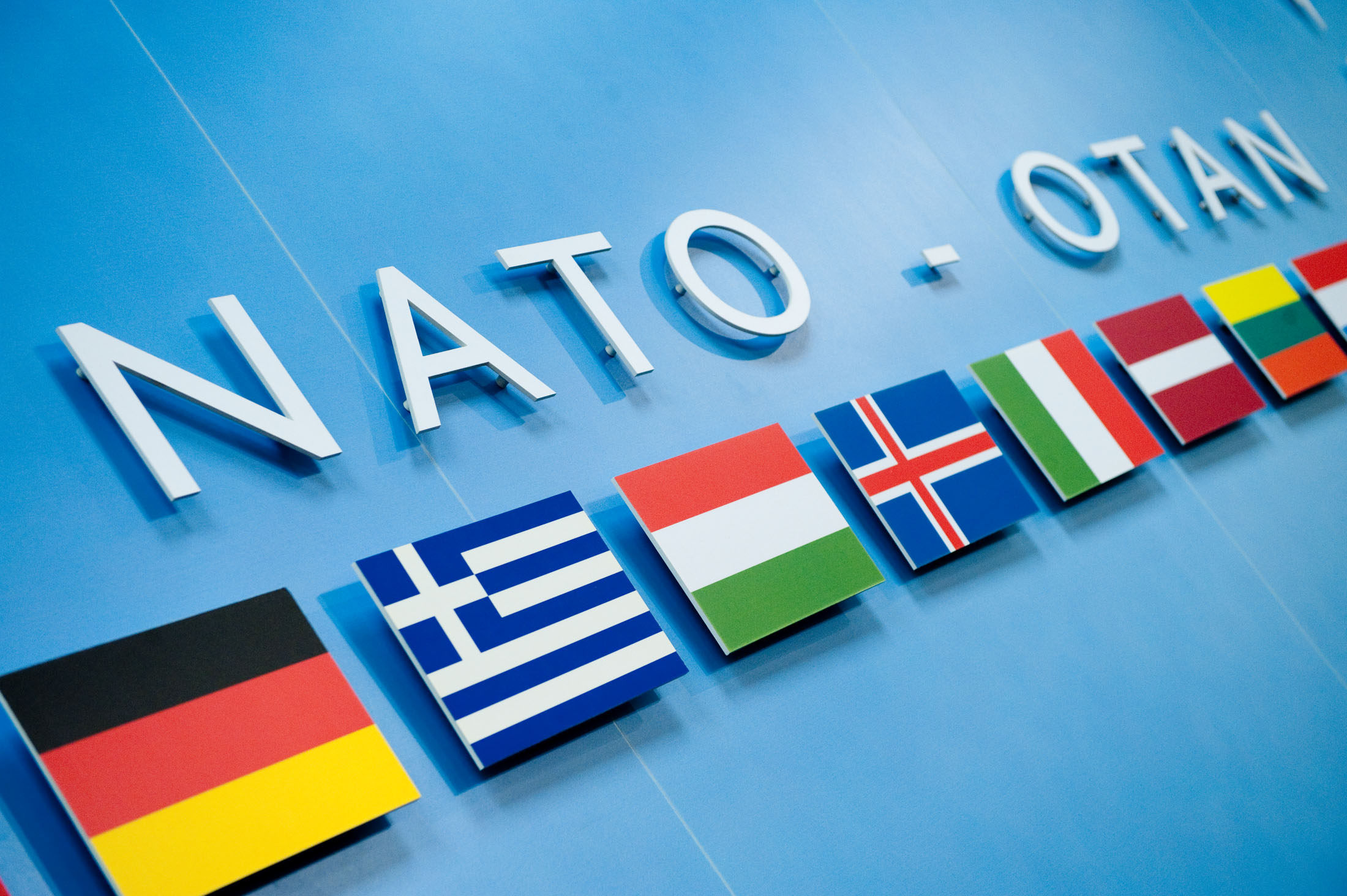The resurgence of geopolitics – from conflict in Ukraine, to China’s growing assertiveness in Asia – has had many people decrying the end of global governance and collective action. With institutions from the Security Council to the World Trade gridlocked, the state of international cooperation is certainly not a pretty one.
As the recent Princeton Workshop on Global Governance, cohosted by Princeton University, the Council on Foreign Relations, the Stanley Foundation, and the University of Toronto’s Munk School of Global Affairs reveals, however, international cooperation and global governance are still alive and kicking. Though geopolitics and other similar disrupting forces have had a major effect on the current liberal international world order, they have often served to foster innovative governance solutions and ultimately better address current challenges.
To be sure, global governance has become increasingly difficult in some areas. Globalization, and the resulting diffusion of power in global politics, has resulted in the emergence of a number of large powers that increasingly contest their place in the global order, making cooperation difficult. Moreover, the “low-hanging” fruit has already been picked in many areas of international cooperation, giving way to significantly more complex issues that require difficult compromises between countries. Global trade is a good example: while the General Agreement on Tariffs and Trade (GATT) and the World Trade Organization (WTO) were highly successful in removing tariffs and expanding free trade, negotiations for subsequent agreements such as the Trans-Pacific Partnership and the Transatlantic Trade and Investment Partnership have been slow-going and fraught with issues and disagreements.
In addition, the many new actors, fora, and arrangements to address global challenges have led experts to point out the “fragmentation” of global governance, typifying such fragmentation as a detriment to the system. This includes growing institutional diversity and “disorganized governance”, such as that found in the area of climate change policy. As emerging powers seek to contest the system by introducing their own alternatives, the world stage has been increasingly crowded by institutions, civil society groups, and frameworks all seeking to effect change in their own idiosyncratic ways.
Yet this fragmentation is also what keeps international cooperation “chugging along”: while traditional global institutions have remained stagnant and often powerless in the face of great power conflict, there has been plenty of activity in the form of ad-hoc and voluntary initiatives, be they between states, the private sector, civil society, or any combination of the above. Such partnerships have allowed global powers, including the United States, to circumvent stalled fora and create “coalitions of the willing and capable” that sometimes leave out much of the world.
There are trade-offs to both approaches. Cooperation in traditional venues, though halting, may be better and longer lasting than informal action; but fast, informal action is often what is needed for pressing international issues. Any country must consider these trade-offs when choosing a diplomatic approach. Do the short-term consequences of inaction through stalled venues lead to an objectively better outcome than the long-term consequences of discarding traditional venues and potentially undermining the norms they were built upon?
In the midst of this evolving international system, Canadian political analysts are increasingly divided about what the country’s role should be on the world stage. Most discussions revolve around what Prime Minister Harper and his government have done for Canada’s image, with commentators falling along the whole spectrum.
According to some commentators, Canada’s international reputation has steadily declined since the Conservatives came to power. They attribute this to Harper’s apparent distancing from multilateralism, accusing him of deriding the UN for “moral relativism” and weakening our relations with other countries by making public our government’s disdain for international fora.
In a recent article for the Globe and Mail, Roland Paris enumerated the number of ways in which Canada’s standing in multilateral bodies has diminished: once a leader in multilateral arms control, it is now the only NATO member that still has not signed the Arms Trade Treaty on conventional weapons; it is the only country in the world to withdraw from the UN Convention to Combat Desertification; it has only recently named its first ambassador to ASEAN this past summer, lagging far behind other western countries in the region; and many more.
At the UN, Canada has been active on some issues, such as maternal and child health, but has otherwise developed “a reputation for being disengaged on many issues and obstreperous on others” – not surprising, considering that Canadian funding of multilateral agencies has continued to decline as a proportion of overall foreign aid since 2000. Canada’s focus on the Keystone XL pipeline has also alienated the current administration of the United States, its biggest partner. As Stephen Brown and Michael Olender argue, Canada has exhibited “behaviour that ‘realist’ international relations scholars expect from hegemonic global powers, not middle powers like Canada that have long supported multilateral solutions to global problems.”
Yet others disagree: in a recent article responding to Roland Paris, Harper’s former Chief of Staff Ian Brodie argues that Harper’s government has not strayed from multilateralism, instead shifting its priorities and employing a foreign policy that reflects a “different kind” of internationalism. Brodie concedes certain things – he does not deny that Canada withdrew from the Convention to Combat Desertification or boycotted a Commonwealth Summit – but says that it’s “impossible to conclude” from such examples that Canada has abandoned multilateralism. Indeed, he cited victories in trade negotiations and a willingness to deploy military forces overseas “to stand for democratic allies and oppose terrorist organizations,” arguing that such actions have often united Canada’s political leaders and placed Canada at the forefront of NATO operations. Yes, he agrees, the Harper government has departed from the post-1965 tradition of foreign policy: but is this necessarily a bad thing? Instead of a traditional liberal internationalist approach, Harper has engaged with the world in a manner that participates in multilateralism “appropriately”, given the challenges at hand, and emphasizes an important new role for Canada in the world.
Outside of Canada, many agree with Brodie, seeing the country as “the better United States”, while others claim that its “profile overseas is waning badly.” But regardless of whatever side one stands on, one thing is undoubtedly true: Canada’s foreign policy choices rarely generate domestic political debate. This is in part because the core international challenges for Canada are relatively simple: Brodie recalls a meeting with a former Canadian ambassador who stated that “Canada has no interests, except for fish and softwood lumber.” Given that Canada’s foreign policy efforts are rarely essential to national security, international relations have not taken the prominent position on the national political agenda that they have in, say, the United States or in Arab countries. This allows Canadian governments freedom to pick their international engagements based on party priorities or other interests, rarely encountering the same public interest or debate that they would with domestic policies.
As Canada continues to make its way in the changing international system – gaining or losing prominence as a leader, according to what you believe in – it is increasingly time for Canadians to take part in a conversation about what they want for the country. With emerging powers rewriting the rules of the international game, national dialogue on foreign policy priorities is more important than ever. Canadians should work to make foreign policy a major issue in the 2015 elections, judging parties and party leaders not only on their domestic platform but also on how they would represent us in the world.





